How will the legalization of marijuana affect students on campus?
A single nug of medicinally legal cannabis, provided by a medical patient in Illinois. Picture Taken by Dawid Byrgiel
This January, any adult over the age of 21 became able to purchase marijuana for recreational use and legally be able to hold up to 30 grams at a time. But what does the legalization mean for for students attending William Rainey Harper College?
Officer Daniel Vargas, of the Harper College Police Department said they have no idea what this means for the police department since legislation has not yet been passed down from higher authorities. This means the Harper Police Force doesn’t know what legalization will change and what it will mean for the students on campus.
“Until we have legislation, it’s almost going to be taken care of in a sense of common sense, you know? For example… you are required to be 21 years old to drink alcohol,” Vargas stated. “It’s almost going to be somewhat in that same context in regards to when you utilize marijuana… But since nothing has been set in stone yet, where we can read black and white I can’t really give you an answer.”

To find answers, and perhaps “guidelines” of a sort, we reached out to a source where recreational marijuana has been established since 2016, the weed capital of the world–California.
Lieutenant Kevin Kilgore, of the UCLA Police Department has already went through the transition to legalization. He explained that a lot of it comes do
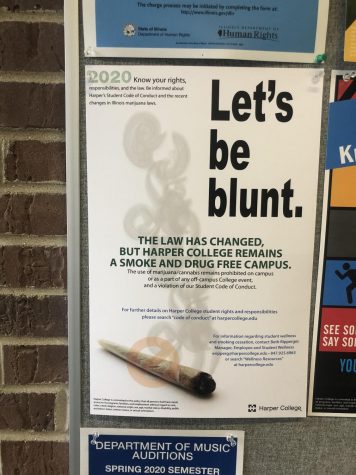
This poster hangs on a bulletin Board in Building D, and states that marijuana and cannabis will not be allowed on campus despite new state laws.
wn to the university or colleges code of conduct.
“For us, we abide by whatever the state law is. So a person is allowed to be in possession of it [marijuana], however it is against UCLA student code of conduct and regulations,” Kilgore said. “We as a police department do not enforce rules, regulations, or policies for the university; we only enforce laws, so university administration handles any type of violation regarding marijuana.”
In California, legalization also affects the way law enforcement can interact with and charge people with crimes.
“It went from being illegal, where we could stop people for just being in possession of it or smelling it on them.. to now, where we can’t enforce that unless we believe that there is something outside of what the law allows,” Kilgore explained. “One of the few instances where we can enforce the law is if we believe someone is in possession of marijuana (intended) for sale.”
Both Officer Vargas and Lieutenant Kilgore believe that legislation in Illinois will be based on the same system that other established weed states like California and Colorado already have in place.
If this is the case, Harper students will be allowed to be in possession of marijuana on campus legally, but it would most likely violate Harper code of conduct and result in administrative penalties, rather than legal ones.
Ultimately, it would be up to Harper College administration to hand out punishments and consequences to those who break the code of conduct, not local police forces.
The Harper administration has already put up signs on bulletin boards all over campus that say “The use of marijuana/cannabis remains prohibited on campus or as part of any off-campus College event and a violation of our student Code of Conduct.”

Maham Khan is the Adviser of the Harbinger and full-time faculty of Mass Communications and Journalism. Her superpower of choice would be to have a Wonder...


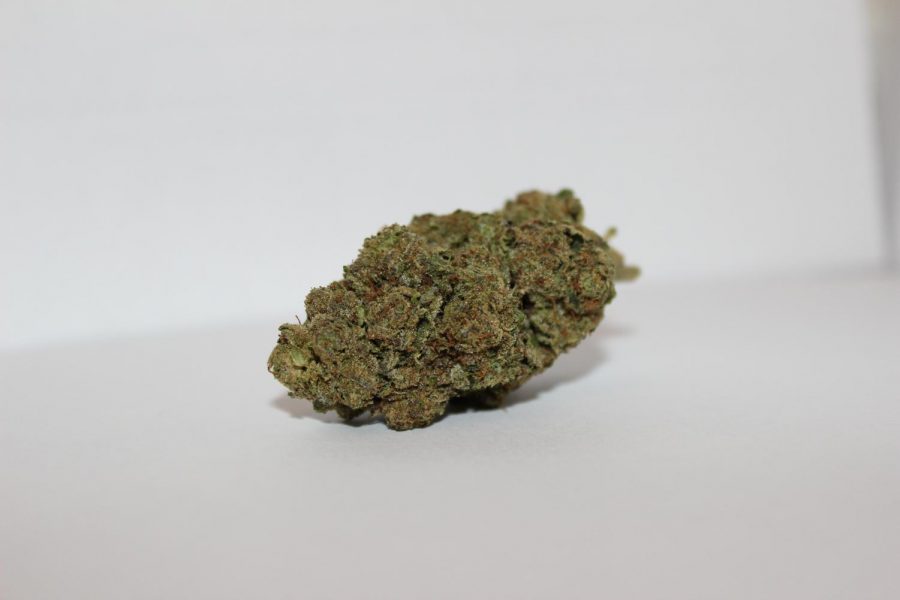


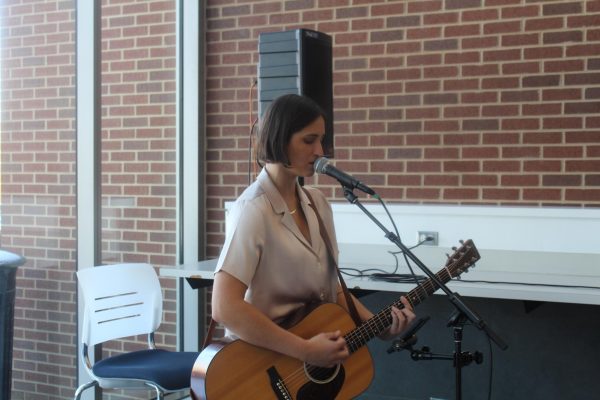
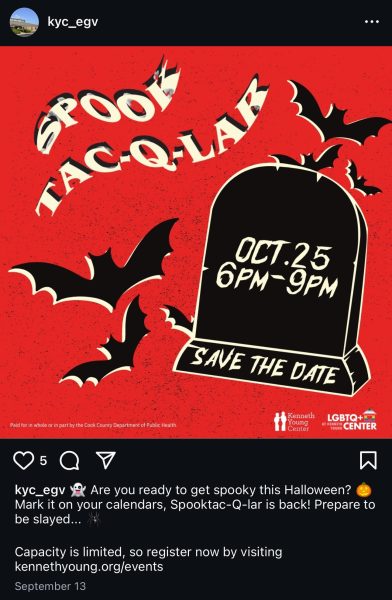





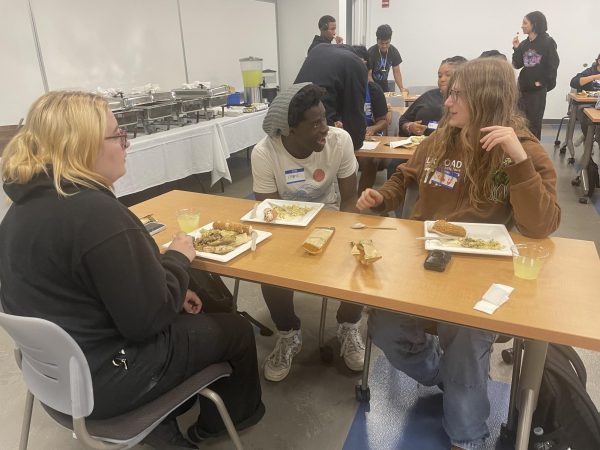
Jeff Przybylo • Feb 1, 2020 at 8:03 am
Nice work. This article is very interesting. Never really thought about how the new law would affect a college campus.